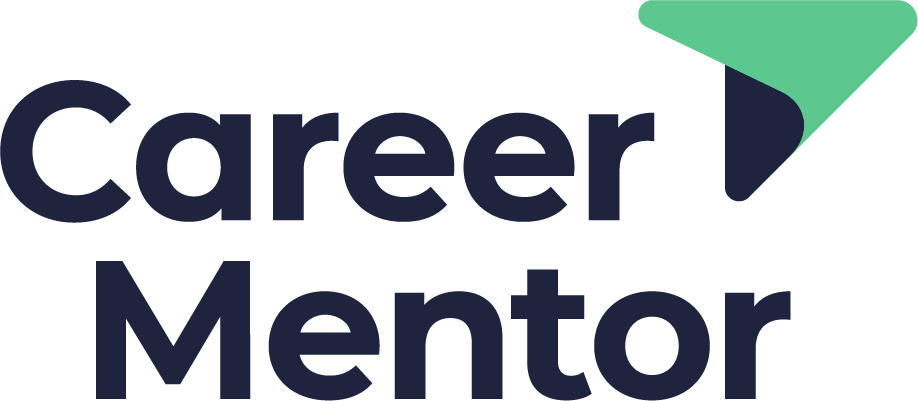8 critical steps to take after a job interview
Imagine that every job interview is an opportunity to learn and improve your performance, so that you get better and better at this essential career skill. Not only that, but you also increase your chances of securing the role for which you’re currently interviewing.
Let’s discuss the eight essentials in this short read.
1. Act Immediately
While your memory is still fresh, find somewhere to write your notes. Do this straight away—don’t wait until you get back to work or home, or pause for a cup of tea if it was a Zoom or Teams call. Everything you capture is going to prove useful.
2. Where, When, Who, What
Write down the firm you interviewed with, today’s date and the time, who you met, and the role. This is especially important if you are interviewing with multiple organisations—it is easy to muddle memories.
3. Role Specifics
Every interviewer will have their own interpretation of the role being recruited and their own emphasis on what is most important. This may differ slightly—or significantly—from both the job specification and colleagues’ views. Note what the person you met considers to be the key aspects of the role, and the skills and abilities they are looking for in the successful candidate.
4. Questions
Make a note of the questions you were asked. Some may be repeats from previous interviews, and you may expect them to come up again.
5. Assess Your Performance
Ask yourself how well you performed against key criteria: building rapport, controlling the frame, listening carefully and understanding what was being asked, answering with strong examples, demonstrating awareness and adjusting accordingly, and closing the conversation effectively. This is not an exhaustive list, but it is a good starting point. Begin with what you did well, then move on to areas for improvement. Rather than giving yourself generalised feedback—e.g., “my answer to that question needs to be better”—be very specific and make it actionable.
6. Review Your Preparation
Debrief yourself on your preparation for the meeting, focusing on any gaps in your knowledge.
7. Your Questions for Them
If you were able to ask questions, consider to what extent they helped you with your due diligence. Were you able to ask questions designed to shift the dynamic of the meeting and move closer to an equilibrium?
8. Follow Up with a Thank-You Message
Always send a message of thanks to reinforce your interest and leave a positive impression.
In our view, every interview is a golden opportunity to learn and improve. By immediately taking detailed, structured notes and using those lessons in practice, rehearsal, and preparation for your next meeting, you will begin to master this important job-search skill.
